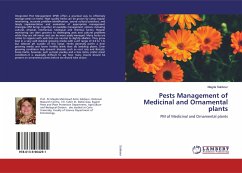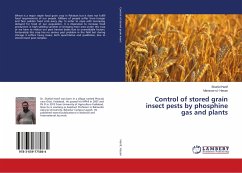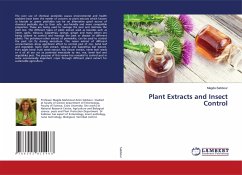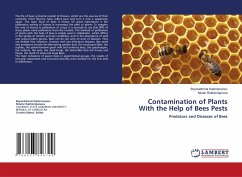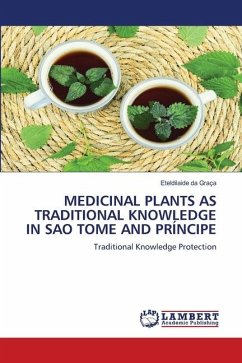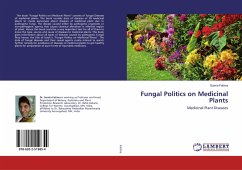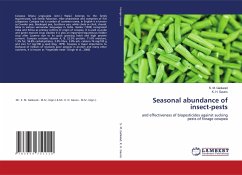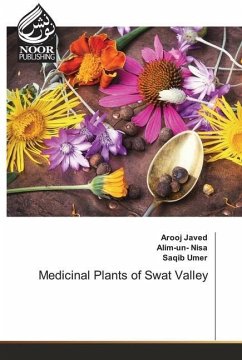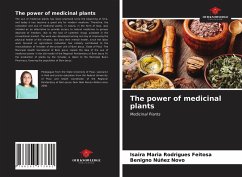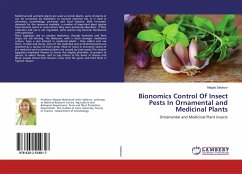
Bionomics Control Of Insect Pests In Ornamental and Medicinal Plants
Ornamental and Medicinal Plant insects
Versandkostenfrei!
Versandfertig in 6-10 Tagen
41,99 €
inkl. MwSt.

PAYBACK Punkte
21 °P sammeln!
Medicinal and aromatic plants are used as whole plants, parts of plants or can be processed by distillation to become essential oils. It is used in pharmacy, cosmetology, perfumes and food industry. With increased demands for the resources available, a number of important plant species have become scarce in areas where they were previously abundant. If their collection and use is not regulated, some species may become threatened with extinction.Most Egyptians rely on modem medicines, though herbalists and their shops are still thriving. The Bedouins, with a much stronger traditional culture, h...
Medicinal and aromatic plants are used as whole plants, parts of plants or can be processed by distillation to become essential oils. It is used in pharmacy, cosmetology, perfumes and food industry. With increased demands for the resources available, a number of important plant species have become scarce in areas where they were previously abundant. If their collection and use is not regulated, some species may become threatened with extinction.Most Egyptians rely on modem medicines, though herbalists and their shops are still thriving. The Bedouins, with a much stronger traditional culture, have a real interest in medicinal plants - they collect and use them. In field and stores, most of the medicinal and ornamental plants are attacked by a various of insect pests. Most of losses in economic values of the medicinal and ornamental plants are caused by insect pests.The ancient Egyptians employed flowers to honor the mighty pharaohs, to present to guests, to adorn houses, and to pay tribute to the dead. In Greece and Rome people linked their flowers, trees with the gods, and held them in highest respect.



